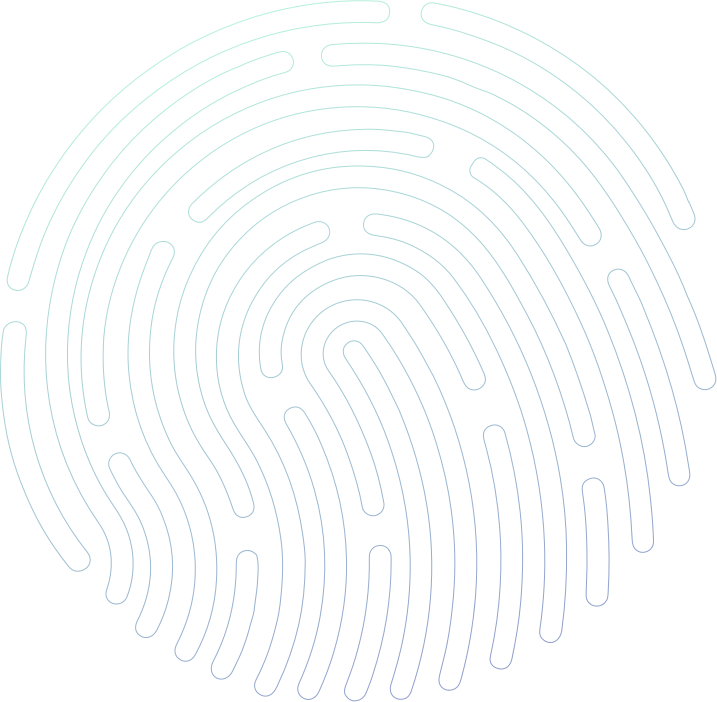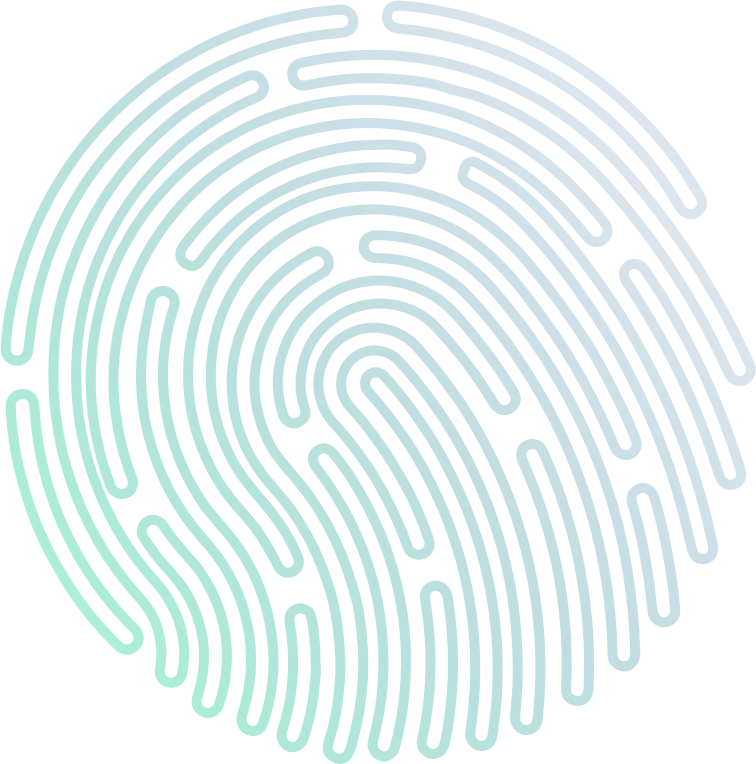Why was the OMP set up?
The basic demand made by many families of the missing and disappeared who appeared before multiple commissions appointed by successive governments has been to trace and search for their loved ones. The OMP was established with a mandate to:
- Search for missing and disappeared persons
- Make recommendations to relevant authorities to address the issue of disappearances
- Protect the rights and interests of missing and disappeared persons and their families
- Identify avenues of redress
- Collate data relating to missing and disappeared persons
Mechanisms similar to the OMP have been established in other parts of the world, including in Nepal, Cyprus and Columbia.
What is the total figure of disappeared persons?
- Currently, there is no official confirmed figure provided by the State.
- Various commissions and institutions have different figures:
The Paranagama Commission reported over
21,000 complaints,
while the ICRC documented
16,000 missing as at 2016
(of which 5,100 are members of the armed forces)
Does the OMP only look at cases of civilians who were disappeared or went missing during the war in Sri Lanka?
No. The OMP is mandated to search for persons who went missing or were disappeared
- In connection with the conflict in the Northern and Eastern provinces (including civilians and members of the armed forces and police who are considered missing in action);
- During periods of political unrest or civil disturbances, including the insurrections in the South; or
- As a result of an enforced disappearance as defined in the relevant International Convention.
The OMP’s mandate is not limited by region, community or period.
So many Commissions were established in the past to look into this issue of disappearance. Isn’t the OMP just another Commission?
No. The OMP will learn from the experiences of previous Commissions of Inquiry and of family members who pointed out the problems they faced during Commission sessions such as allegations of:
- Witness intimidation after sessions
- Lack of fair treatment
- Misrepresentation and poor translation of testimony
- Insensitive treatment of family members
- Failure of the State to follow up on the findings of the Commission
The OMP is unlike previous Commissions as:
- It is a permanent and independent State institution.
- It has extensive investigative powers.
- It is empowered to establish Regional Offices to ensure easy access for families
The Members of the Board of the OMP were appointed by the President of Sri Lanka based on the recommendations of the Constitutional Council, following a call for applications from the public.
Where is the OMP going to obtain information on the disappeared? Do families who have already made a complaint to another Commission of Inquiry need to make a complaint at the OMP?
- The OMP will gather existing records from previous Commissions of Inquiry and consolidate this data.
- The OMP may require further information that may not have been provided by family members either out of fear, mistrust or due to other reasons.
Do families have to come to Colombo to make complaints?
No. Several Regional Offices have been established and the OMP has been made accessible to families and any other interested party. They can:
- Make complaints
- Provide evidence
- Follow up on cases with the OMP
- Request the OMP to ensure that their rights are protected, and follow up to ensure that state services due to them are provided
- Seek psychosocial support
- Seek protection in cases of harassment and intimidation
In addition, the OMP can also use mobile services.
How is the OMP going to find the missing and disappeared?
There are a number of tools the OMP will use to trace and search for the missing and disappeared which includes:
- Collate all information relating to the case
- Begin tracing and making inquiries and gather evidence
- Summon witnesses, request for documents, and visit detention camps
- If suspected gravesites are found, the OMP is empowered to apply to the relevant Magistrate to obtain an order to act as an observer at an excavation, exhumation and related proceeding.
- Seek the support of technical and forensic experts to assist in this tracing process
What else can the OMP do to help families of the missing and disappeared?
The OMP can make recommendations to relevant authorities relating to:
- Non-recurrence
- Means and methods of commemoration and acknowledgement
- Handling of human remains
- Publishing of information relating to missing and disappeared persons
- Development of national laws and regulations relating to missing and disappeared persons
- Reparations and other administrative and welfare services, including psychosocial support to families
Can the OMP carry out its own prosecutions of those accused, of carrying out disappearances?
No. It is a search mechanism that cannot initiate a prosecution.
However, where it appears to the OMP that an offence has been committed, the OMP has the power to report the matter to the relevant law enforcement or prosecuting authority for investigation and prosecution. This can be done only after the relatives are consulted.
How will the OMP protect the confidentiality and security of those who come forward to provide evidence?
- The OMP can obtain information under conditions of confidentiality
- The OMP requires consent from those providing evidence in order to pass on their details to relevant authorities
- Where an offence has been committed, the OMP must consult the families before reporting it to the law enforcement or prosecuting authorities
- The OMP will provide protection through a Victim and Witness Protection Unit to family members, witnesses and others
What is the process of selection for the members of the OMP?
- The 7-member Board of the OMP is appointed by the President of Sri Lanka, on the recommendation of the Constitutional Council.
- The Commissioners represent a cross-section of society including regional, communal, gender and professional representation. The Board consists of retired state officials, members of civil society and a family member of the disappeared.



